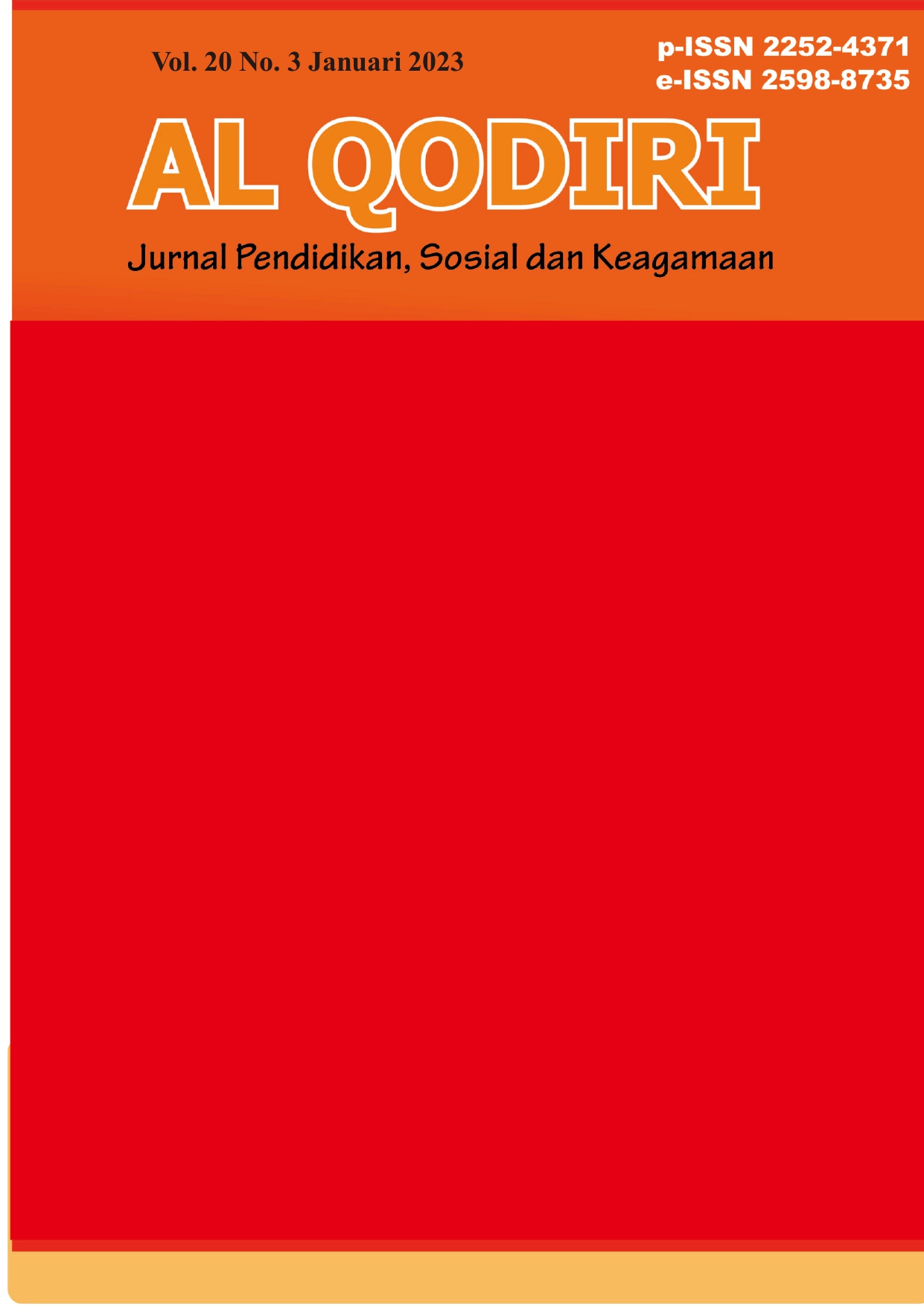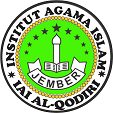Pengembangan Media Monopoli Materi Keberagaman Kerajaan di Nusantara (MORANTARA) Kelas IV UPT SD Negeri 292 Gresik
Abstract
The Morantara learning media (monopoly on the diversity of kingdoms in the archipelago) was developed using the Research and Development (R&D) research phase with the ADDIE development model modified by Branch. This study aims to develop Morantara learning media on the subject of the diversity of kingdoms in the archipelago for fourth grade elementary school students and find out the effectiveness of developing Morantara learning media. The subjects in this study were students of class IV UPT SD Negeri 292 Gresik. The data collection method used was in the form of media validation sheets, material validation sheets, and student response sheets. based on the results of data analysis the developed Morantara learning media is in very valid criteria with a score of 95.62%. The results of the material analysis on the developed Morantara learning media are in very valid criteria with a score of 95.85%. The results of limited trials conducted by researchers with three different learning models, showed that learning using the TGT learning model obtained higher results compared to the STAD and Inquiry Learning learning models, namely 98.66%, it can be concluded that Morantara learning media is more effectively used in class if using the TGT learning model. The Morantara learning media developed using the ADDIE model can be concluded to meet valid and effective criteria. Keywords: Validity Effectiveness; Monopoly Learning Media; Kingdom Diversity Material in the Archipelago.
Published
2023-01-11
How to Cite
Zumrotun Mashfufah, & Arya Setya Nugroho. (2023). Pengembangan Media Monopoli Materi Keberagaman Kerajaan di Nusantara (MORANTARA) Kelas IV UPT SD Negeri 292 Gresik. Al Qodiri : Jurnal Pendidikan, Sosial Dan Keagamaan, 20(3), 557-577. https://doi.org/10.53515/qodiri.2023.20.3.557-577
Section
Articles





